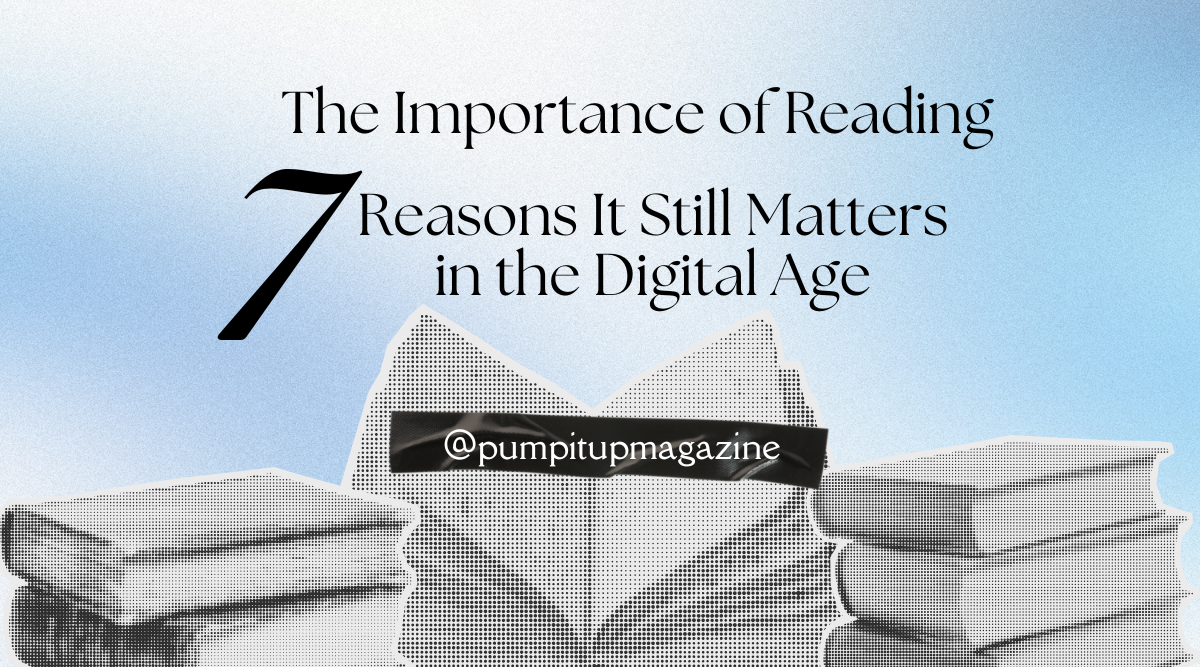Music has a remarkable ability to transform how we feel. From reducing anxiety to boosting happiness, the right music can be a powerful tool for mental well-being. In this article, we’ll dive into how music can improve mental health and explore specific frequencies that can help you feel better.
1. Music and Mood Enhancement
Have you ever noticed how the right song can shift your mood instantly? It’s not just in your head—research shows that music can increase dopamine levels, which are linked to feelings of pleasure and reward.
- Listening to upbeat music can elevate your mood and reduce stress.
- Slow, calming music, like classical or instrumental tracks, helps lower cortisol levels, making you feel more relaxed.
Pro Tip: Create a “mood-boosting playlist” with your favorite tracks and listen to it whenever you need a quick uplift.
2. Music as a Stress Reliever
Stress and anxiety are common mental health challenges, but music can be a natural way to reduce them. Studies suggest that calming music can lower blood pressure and create a sense of peace.
- Genres like classical, lo-fi, and jazz have calming effects.
- For deeper relaxation, try listening to nature sounds combined with gentle music.
Quick Tip: Use headphones and focus on the melody for a calming effect during a stressful day.
3. Healing Frequencies: The Power of 432 Hz, 417 Hz, and 528 Hz
Did you know that certain music frequencies can enhance your mental state? Here’s how these frequencies can help:
432 Hz: The Harmony Frequency
- What it does: Known as the “natural tuning” frequency, 432 Hz is believed to promote relaxation, reduce anxiety, and create a sense of balance.
- How to use it: Play 432 Hz music during meditation or as background music while working for a calming effect.
417 Hz: The Frequency of Change
- What it does: This frequency is linked to clearing negative energy, promoting personal growth, and boosting motivation.
- How to use it: Listen to 417 Hz music when you’re feeling stuck or in need of inspiration.
528 Hz: The Love Frequency
- What it does: Known as the “miracle tone,” 528 Hz is believed to promote healing, enhance feelings of love, and foster peace of mind.
- How to use it: Use 528 Hz music during yoga, meditation, or simply as a mood booster.
Fun Fact: 528 Hz is sometimes called the “DNA Repair Frequency,” due to claims of its potential for healing.
4. Music Therapy: Healing Through Sound
Music therapy is a recognized treatment that uses music to address various mental and emotional needs. It’s effective for conditions like depression, PTSD, and anxiety.
- How it works: Music therapists use instruments, singing, and rhythmic activities to help clients express emotions and manage stress.
- Who it’s for: From veterans with PTSD to children with autism, music therapy has broad applications.
5. Music and Memory Improvement
Listening to music can boost memory and cognitive function, which is especially beneficial for those experiencing memory loss or dementia.
- Research suggests that familiar tunes can trigger positive memories, improving mental clarity.
- Using music as a memory aid can also enhance concentration and productivity.
Interesting Insight: This is why music is often used in dementia care—familiar songs can trigger emotional memories and create a sense of comfort.
6. Creating a Personalized Soundtrack for Your Mental Health
The beauty of music is that it’s personal, and different genres, rhythms, and lyrics resonate with different people. Here’s how to use music for your well-being:
- Make Playlists: Create playlists for relaxation, motivation, or joy, and let the music work its magic.
- Try Music Mindfulness: Focus on the details of a song—the instruments, rhythm, and lyrics—to engage in musical mindfulness.
- Dance It Out: Moving to music releases endorphins, boosting both mood and energy.
Final Thoughts: Let Music Be Your Mental Health Ally
Whether you’re tuning in to 432 Hz for relaxation, 528 Hz for positivity, or just your favorite song on repeat, music is a versatile tool for enhancing mental well-being. Incorporate these sounds into your daily routine to reduce stress, lift your mood, and find more balance in life.
Stay tuned to Pump It Up Magazine for more insights on how music can improve your life, and subscribe today for wellness tips, music news, and more inspiring stories!
Photo by Andrea Piacquadio:








